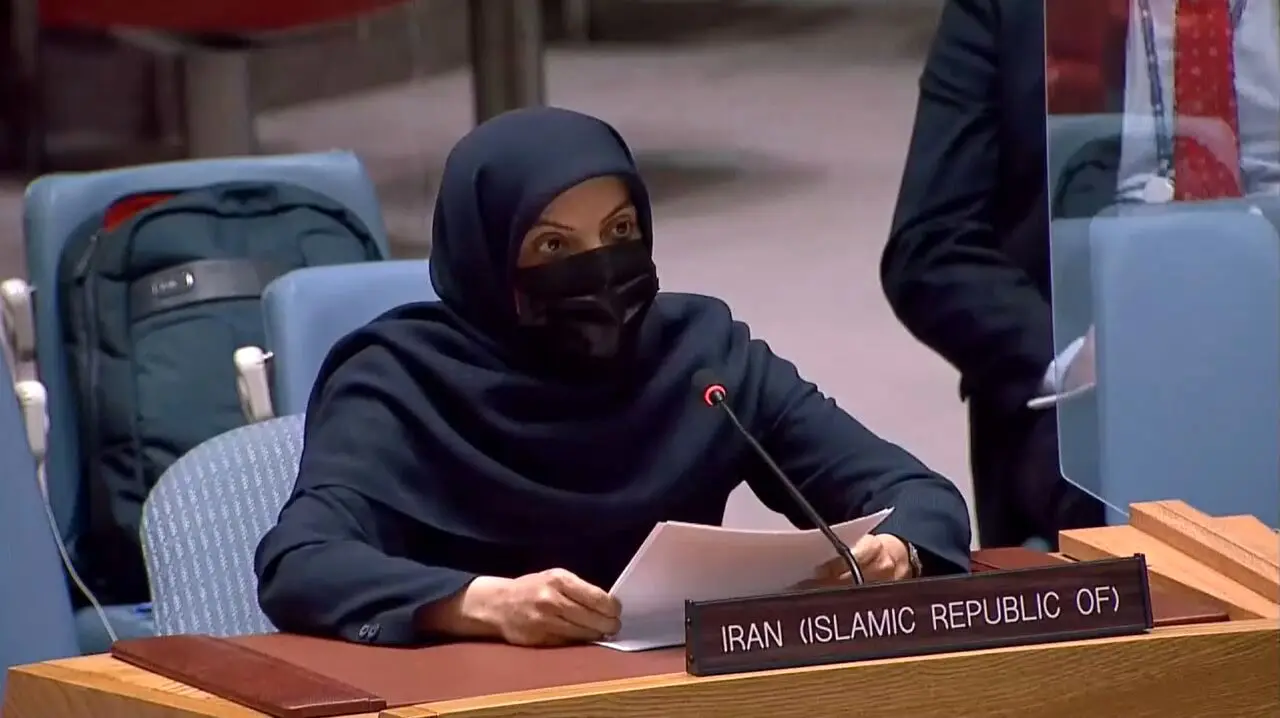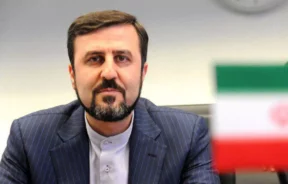UN General Assembly Approved Canada-led Human Rights Resolution Against Iran
WANA (Nov 21) – A Canada-sponsored human rights resolution against Iran, traditionally proposed annually, was approved by the Third Committee of the United Nations General Assembly. However, the resolution faced notable opposition, with the combined total of opposing and abstaining votes surpassing those in favor.
The resolution secured 77 votes in favor during Wednesday’s session, while 28 countries voted against it and 66 abstained. Additionally, 22 member states were absent. The opposing and abstaining votes together amounted to 94, exceeding the 77 affirmative votes.
Countries voting against the resolution included Russia, China, Belarus, Armenia, Cuba, Iraq, Indonesia, Oman, Pakistan, and Syria. Support came from nations such as the United States, European countries, Japan, South Korea, and Israel.
Comparison to Previous Year
A similar resolution was passed on November 15, 2023, with 80 votes in favor, 29 against, and 65 abstentions, indicating a slight decline in support this year. The majority of UN member states either opposed or abstained from both resolutions, raising questions about their broad acceptance.

Zahra Ershadi, Ambassador and Deputy Representative of Iran in the United Nations, Social media/ WANA News Agency
Iran’s Response
Iran’s UN representative, Zahra Ershadi, strongly condemned the resolution as biased and politically motivated, rejecting it outright. Speaking during the session, Ershadi emphasized Iran’s commitment to human rights while criticizing the resolution’s selective and hypocritical nature.
She highlighted double standards in Canada’s human rights record, citing Canada’s lack of response to attacks in Iran, such as the 2022 Shah Cheragh shrine bombing and the 2024 explosions near Qassem Soleimani’s shrine. Ershadi also criticized Canada for barring Iranian expatriates from participating in Iran’s presidential elections, despite their strong turnout in neighboring countries.
Ershadi accused the resolution’s main sponsors—Canada, the United States, the United Kingdom, and Germany—of hypocrisy, highlighting their support for Israel’s actions in Gaza, which she described as war crimes and genocide. She questioned their silence on the killing of Palestinian women and children and accused these nations of complicity through arms supplies and vetoing ceasefire resolutions at the UN.
Commitment to Human Rights
Despite rejecting the resolution, Ershadi reiterated Iran’s dedication to promoting human rights and pledged continued cooperation with UN human rights mechanisms and the Office of the High Commissioner for Human Rights. She criticized the resolution as lacking credibility and dismissed it as a politically motivated tool to target Iran’s sovereignty.












